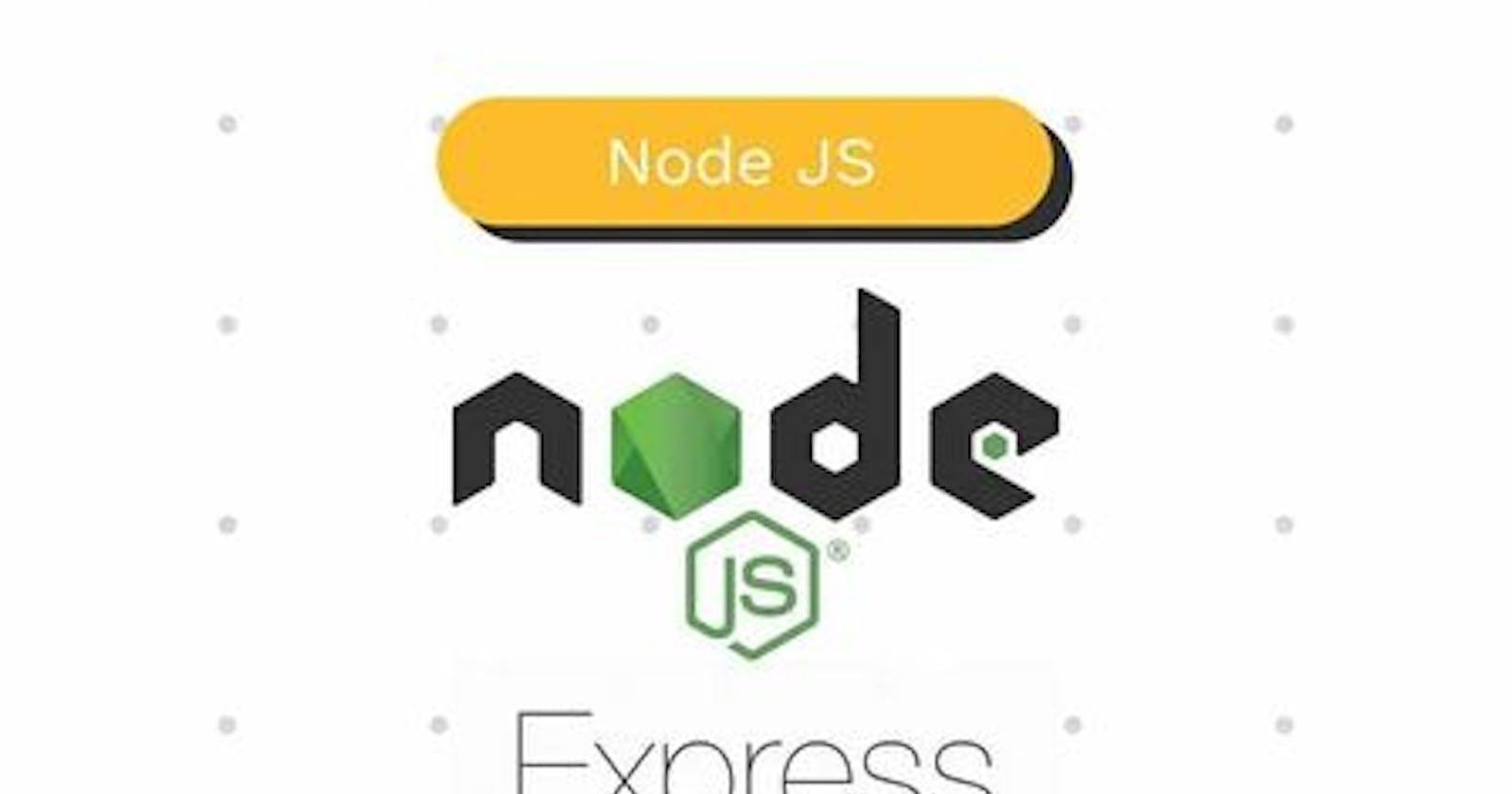Introduction:
In the dynamic world of web development, Node.js has emerged as a popular platform, offering efficient server-side capabilities. When building robust and secure applications, data validation becomes a critical aspect. Joi, an indispensable validation library, is specifically designed for Node.js, enabling developers to ensure data integrity and bolster application security. This comprehensive guide will delve into Joi's significance, its role in Node.js development, and valuable tips to optimize SEO, propelling your article to rank high on Google's search results.
What is Joi?
Joi stands tall as a schema validation library for JavaScript, exclusively tailored to Node.js applications. Crafted by the esteemed hapi.js team, Joi empowers developers to define schemas that represent their application's expected data structure. With its intuitive syntax, Joi efficiently validates and sanitizes data, reducing errors and fortifying application security.
The Importance of Joi in Node.js:
Ensuring Data Integrity: Maintaining data integrity is paramount to any successful application. Joi offers a seamless process to validate incoming data from diverse sources such as HTTP requests, form submissions, or APIs. By enforcing validation against predefined schemas, developers can swiftly detect and handle malformed or unexpected data, safeguarding data integrity.
Enhancing Security: In the digital age, data security is a top priority. By employing Joi, developers can effectively mitigate common security threats like SQL injection and cross-site scripting (XSS). Validating input data becomes a formidable defense against potential attackers, fortifying the application's security.
Improving Code Maintainability: Joi proves to be a boon for code maintainability. Centralizing data validation logic within schemas leads to cleaner, more modular code that is easy to manage and update. This organization elevates the application's long-term maintainability and productivity.
Using Joi in Node.js:
Quick Installation:
Get started with Joi by effortlessly installing it as a dependency using npm or yarn:
npm install joi
# or
yarn add joi
Creating Schema Perfection:
Craft a validation schema using Joi's expressive API. Define rules for each field, guiding data validation and sanitization. For example:
const Joi = require('joi');
const userSchema = Joi.object({
name: Joi.string().required(),
email: Joi.string().email().required(),
age: Joi.number().integer().min(18).max(100),
// Add more fields and validation rules as needed.
});
Data Validation Made Simple:
Empower your application by validating incoming data against the pre-defined schema:
const userInput = {
name: 'John Doe',
email: 'john.doe@example.com',
age: 25,
};
const { error, value } = userSchema.validate(userInput);
if (error) {
// Handle validation errors
} else {
// Continue with the validated data
}
Custom Error Messages:
Tailor error messages to enhance user feedback. Override default messages using a messages object during validation:
const { error, value } = userSchema.validate(userInput, {
messages: {
'string.email': 'Please enter a valid email address',
'number.min': 'Age must be at least 18',
// Add more custom messages as needed.
},
});
Conclusion:
Joi serves as a powerful validation library that bolsters data integrity and fortifies security in Node.js applications. Its intuitive syntax and seamless integration make it a must-have tool for developers. By optimizing this article for SEO with strategic keyword integration, engaging content, and a well-structured format, we aim to elevate its search visibility and rank it high on Google's search results. Armed with the knowledge shared here, you can confidently embrace Joi to build high-performance, secure web applications with Node.js.
